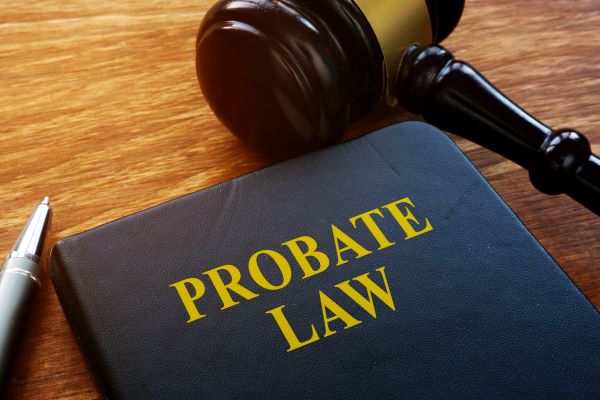
Understanding the Basics of Estate Administration and Probate in Ohio
If you have been named the executor of the estate of a loved one or client in Ohio, it is important to have an idea of the steps ahead when you are asked to initiate the estate administration process.
Whether you are called an executor, estate administrator, or fiduciary, the task before you is the same. As an executor you will muster and manage the assets, debts, and property of someone who has passed away in accordance with their will. If they have died without a will, you will be asked to inventory and distribute the estate pursuant to the law of the State of Ohio.
Here are some of the fundamental tasks of an estate executor in the Ohio probate process:
- Begin the legal probate process: After opening a probate action in the proper Ohio jurisdiction, an estate executor is given the authority to administer the estate of a decedent, the person who passed away. The estate administrator can be paid a set fee by the estate for their services.
- Maintain and administer the property: An estate may hold a single residence, or it could contain extensive real property and business holdings. An estate administrator manages, pays bills, pursues debt, obtains appraisals, and otherwise keeps the assets of the estate maintained and profitable until they can be distributed to the appropriate beneficiary.
- Identify assets and heirs: If the decedent created a will, you must locate and notify the beneficiaries of the will. At the same time, assets and property should be located, debt paid, and claims against the estate settled. Probate assets and non-probate assets are distributed to beneficiaries or others through the will, trust, or other estate planning tools.
- Close the estate: Winding down the estate means that assets are distributed, liabilities are paid and cleared, taxes are paid and filed, and all requests by the probate court have been carried out. The estate administrator is then discharged by the court.
It is not necessary for an executor to retain an attorney, however, it may be necessary if the estate is contested and a litigated action occurs. In Ohio, an executor of a large or complex estate often works with probate attorney to prepare documentation, assist in the search for assets, and other duties as requested by the executor. If the estate is anticipated to be approximately $35,000 or less in value, the state may relieve some of the administrative burden of the probate process.
Being an executor can be a big responsibility that takes a considerable amount of time. If you have questions about probate in Ohio, talk to an experienced probate attorney for advice or legal service when needed.
Have you Been Appointed an Estate Representative? We can Help You in Ross and Pike Counties, or Anywhere in Southern Ohio
With office locations in Chillicothe and Waverly, the law firm Seif & McNamee, LLC can help you with estate law and administration. If you have questions about managing an estate, or about creating an effective estate plan—we have knowledgeable answers. Call 740.835.4882 or contact us today.



